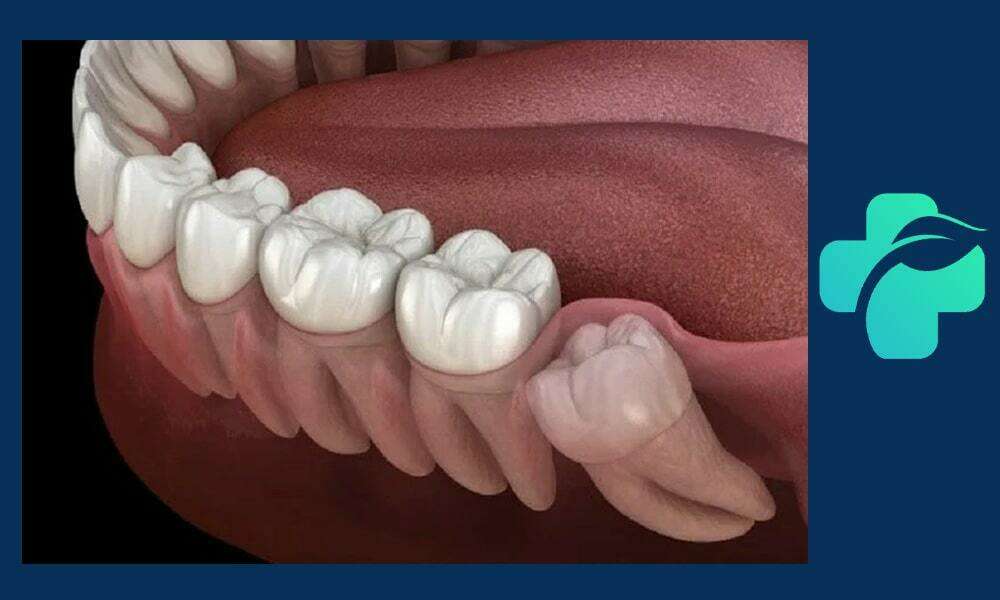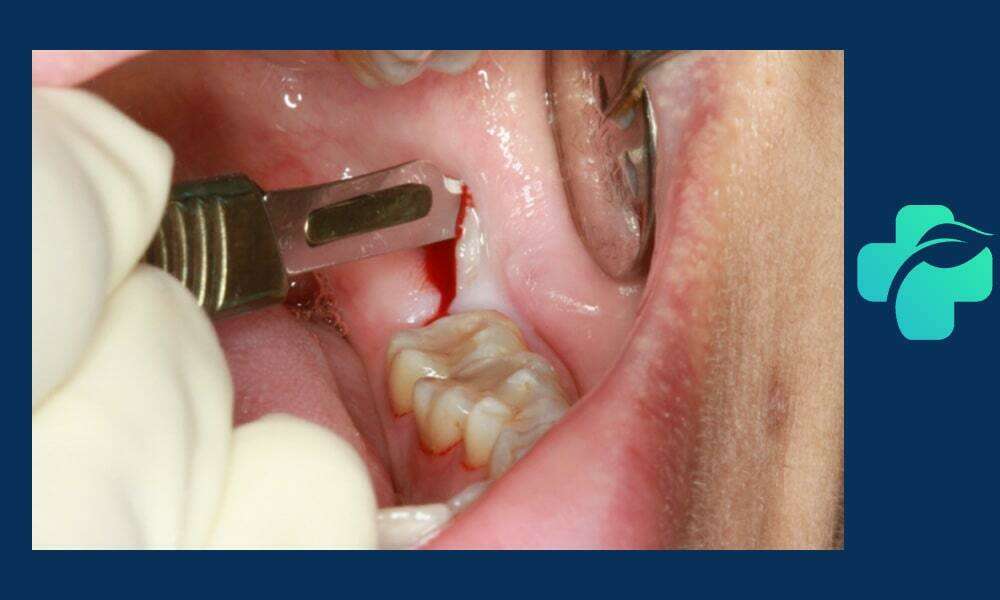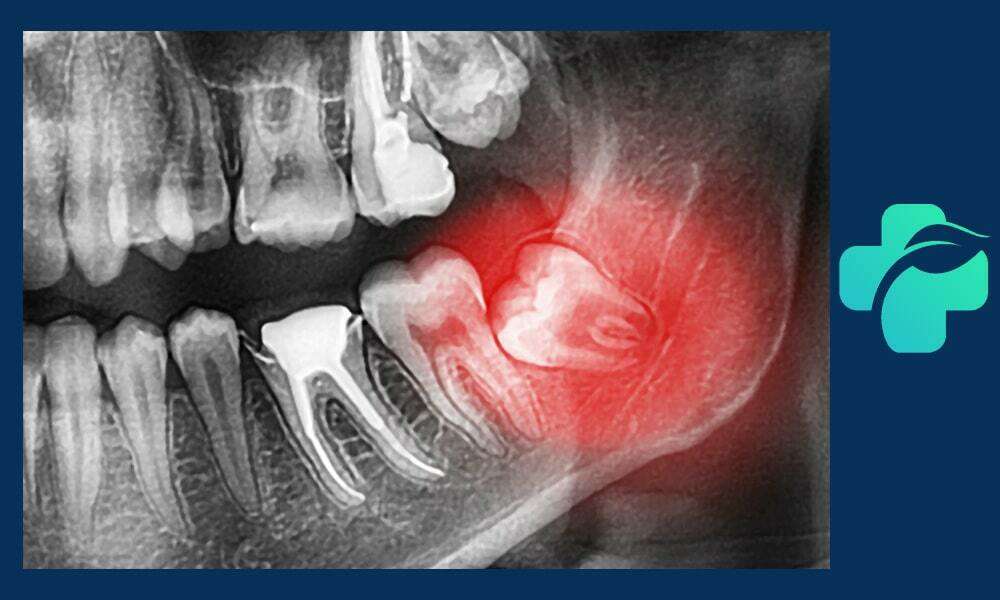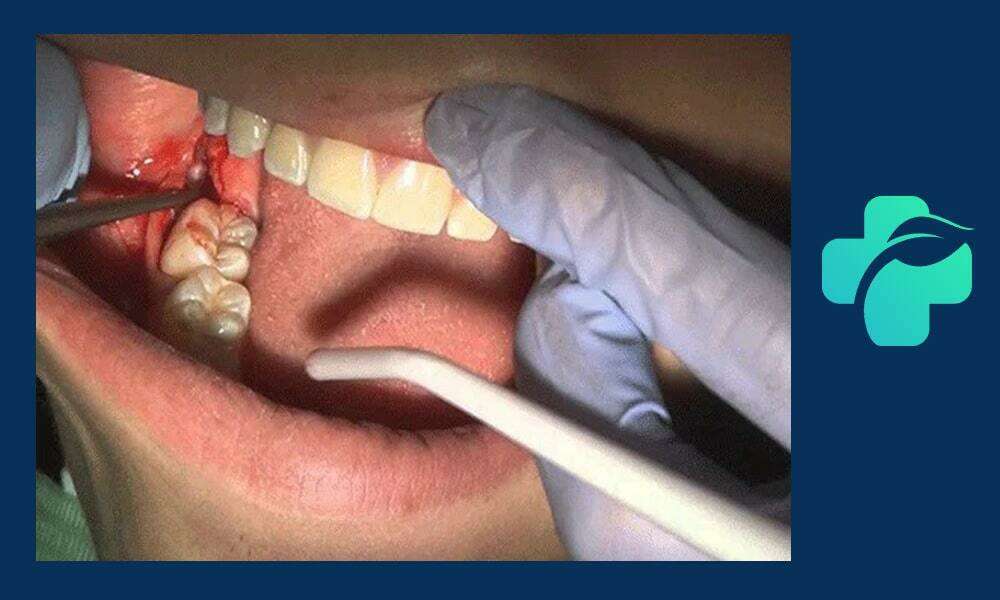Wisdom tooth surgery services
Wisdom tooth surgery is one of the most common dental procedures that many people need at some point in their lives. This process is especially important when a wisdom tooth is impacted or has grown in an unusual position.
What Is Wisdom Tooth Surgery and When Is It Necessary?
Wisdom teeth usually erupt during the late teenage years or early adulthood.
Sometimes, due to a lack of space or improper growth, these teeth become impacted—meaning they have not fully or partially emerged from the gums. This condition can cause pain, infection, inflammation, and even damage to nearby teeth. In such cases, wisdom tooth surgery becomes necessary. Timely removal of impacted wisdom teeth helps minimize pain and future complications.
Types of Wisdom Tooth Surgery
Depending on the condition of the tooth and other factors, wisdom tooth surgery can be performed in different ways:
Simple extraction: Used for teeth that have fully erupted and can be easily removed.
Impacted wisdom tooth surgery: Required when the tooth is trapped under the gums and needs gum incision and bone removal around it.
Complex wisdom tooth surgery: Needed when the tooth is positioned at an awkward angle or deep within the jaw, making the procedure more difficult.
In some cases, additional treatments such as root canal therapy may be required after surgery to prevent pain or infection in neighboring teeth.
Usually, the dentist will use an X-ray to determine the best surgical method for removing an impacted wisdom tooth.
Steps of Impacted Wisdom Tooth Surgery
The surgery process generally includes the following steps:
Anesthesia or sedation: Depending on the complexity of the procedure, the dentist determines the appropriate type of anesthesia.
Gum incision: The gum is incised to expose the tooth and surrounding bone.
Tooth removal: The tooth is often removed in sections to avoid damaging nearby tissues.
Suturing: The gum incision is stitched to promote faster healing.
Post-Surgery Care
Proper care after wisdom tooth surgery plays a vital role in fast recovery and preventing complications. Key points include:
Adequate rest: Avoid heavy physical activity for at least 24 hours after surgery.
Cold compress: Apply an ice pack to the cheek during the first 24 hours to reduce swelling and inflammation.
Soft diet: Eat soft, cool foods such as soup and yogurt, and avoid hot or hard foods.
Avoid smoking and alcohol: These delay healing and increase the risk of infection.
Oral hygiene: After 24 hours, gently rinse your mouth with warm salt water. Avoid brushing the surgical site on the first day.
Cost of Wisdom Tooth Surgery
The cost of wisdom tooth surgery depends on several factors, including:
| Cost Factor | Description |
|---|---|
| Type of surgery | Simple extractions are less expensive than impacted or complex surgeries. |
| Clinic location and dentist’s expertise | Reputable clinics and experienced specialists generally charge more. |
| Anesthesia or sedation | The type of anesthesia used affects the total cost. |
| Number of teeth removed | Removing multiple teeth at once is usually more cost-effective than separate procedures. |
Before surgery, it is important to consult the clinic for an accurate cost estimate.
Important Pre- and Post-Surgery Tips
To ensure the best outcome and reduce potential complications, keep the following in mind:
Avoid taking blood-thinning medications such as aspirin at least one week before surgery (consult your doctor first).
Eat a light meal and fast for about 8 hours before surgery.
Take all prescribed medications on time after the procedure.
Inform your dentist if you have any chronic medical conditions.
Conclusion
Impacted wisdom tooth surgery is an essential treatment to prevent various dental and oral problems. Choosing the right surgical approach, following post-surgery care instructions, and being aware of costs and possible side effects are key factors for a successful outcome.
By following proper care guidelines, you can speed up recovery and prevent serious complications such as infection or damage to neighboring teeth.
Finally, consulting with experienced dentists at Rosen Implant Center is the most important step before undergoing wisdom tooth surgery.
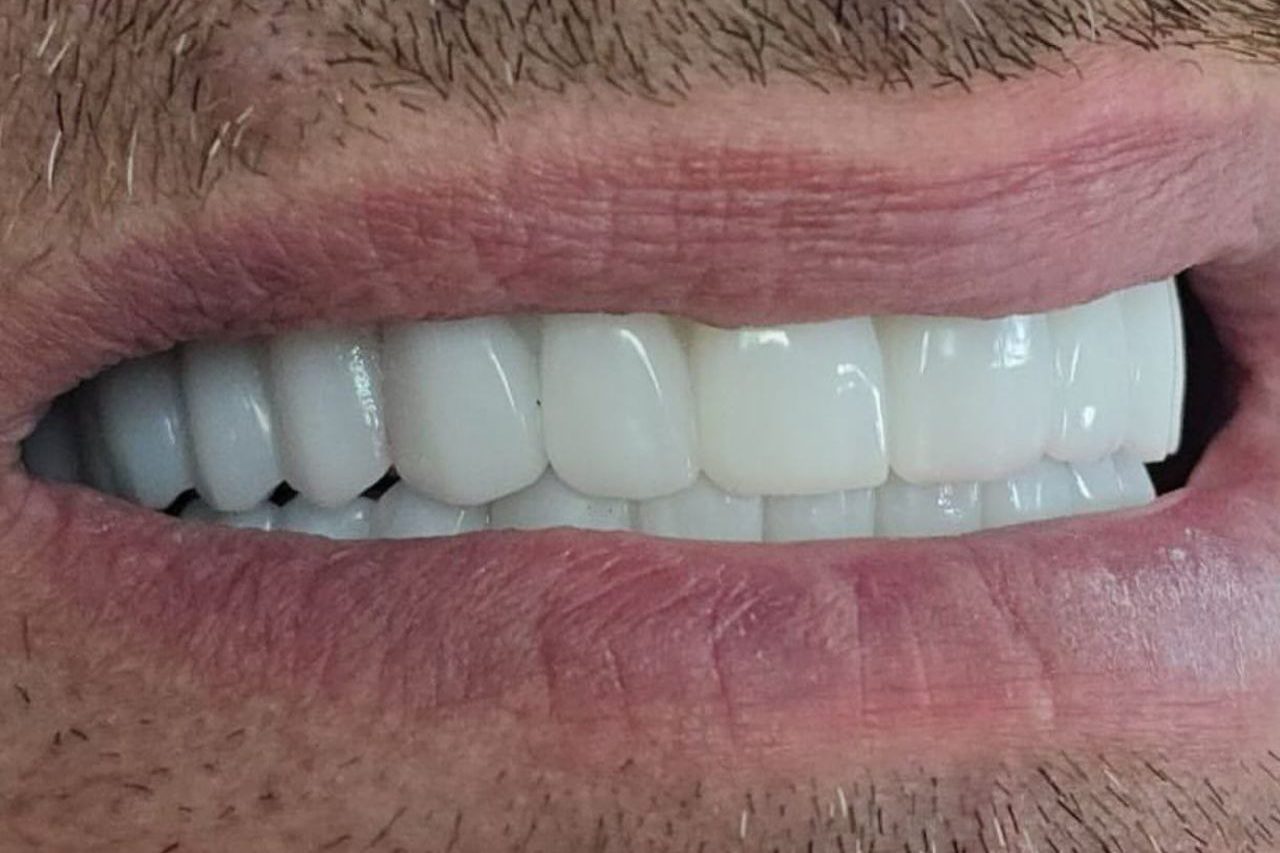
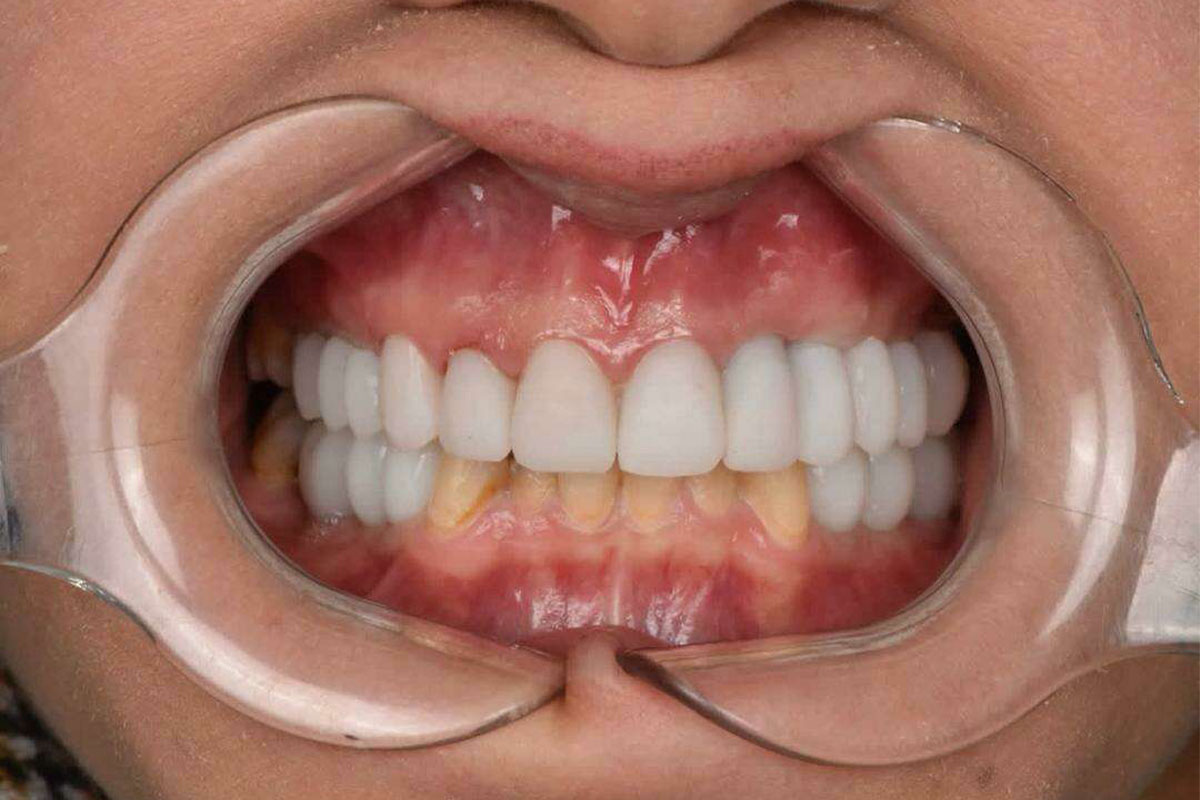
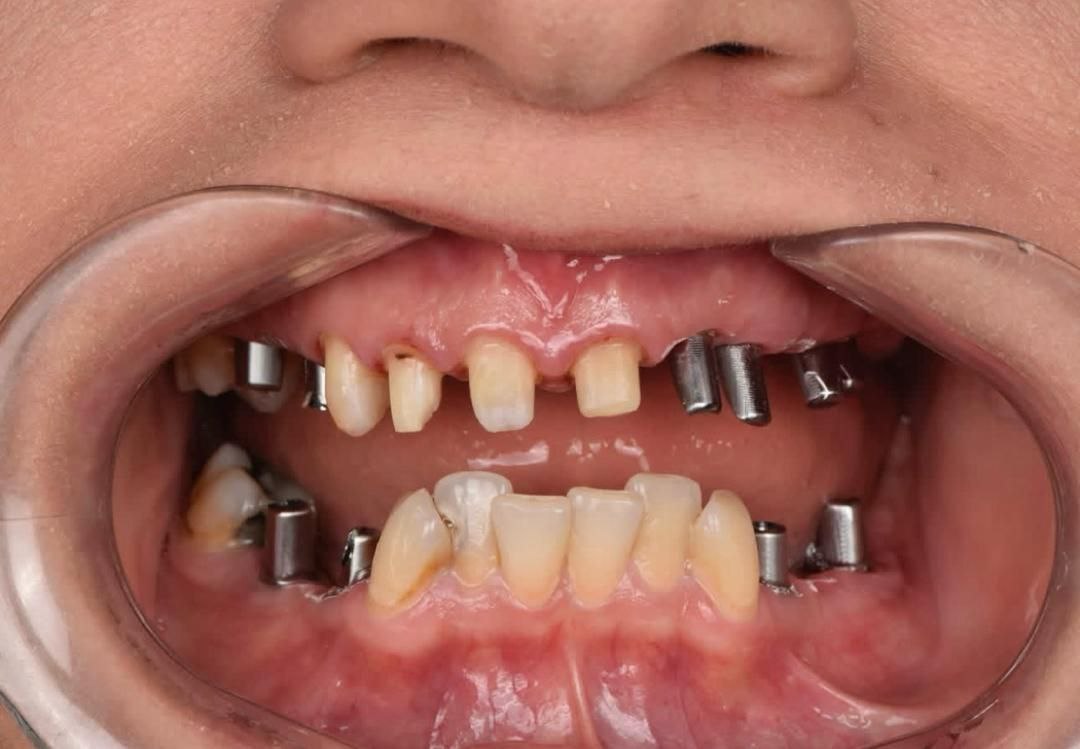
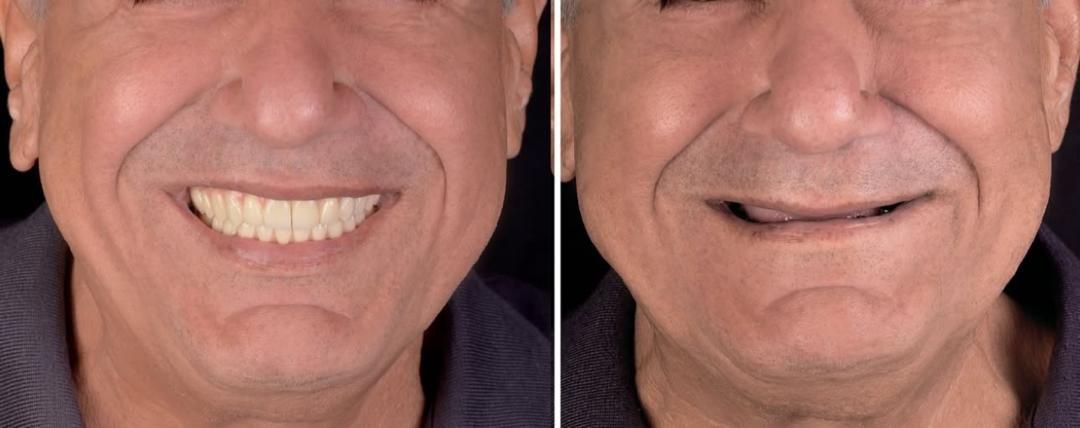


سوالات متداول ایمپلنت
Does wisdom tooth surgery always require anesthesia?
No, local anesthesia is often used, but in complex cases, general anesthesia may be recommended.
How many days after surgery can I return to daily activities?
Usually, after 2 to 3 days of relative rest, you can return to normal activities, but avoid strenuous activities for at least a week.
Does wisdom tooth surgery affect sleep or breathing?
No, this surgery does not directly affect sleep or breathing, except in very rare cases where certain complications occur.
Is it permissible to consume caffeinated beverages after surgery?
Caffeine can increase blood flow and aggravate swelling, so it is best to avoid it in the first few days after surgery.
Can alternative, non-surgical surgery be used for impacted wisdom teeth?
Usually, impacted wisdom teeth cannot be treated without surgery and must be removed, but in cases without symptoms, the doctor may decide to perform periodic checkups.

